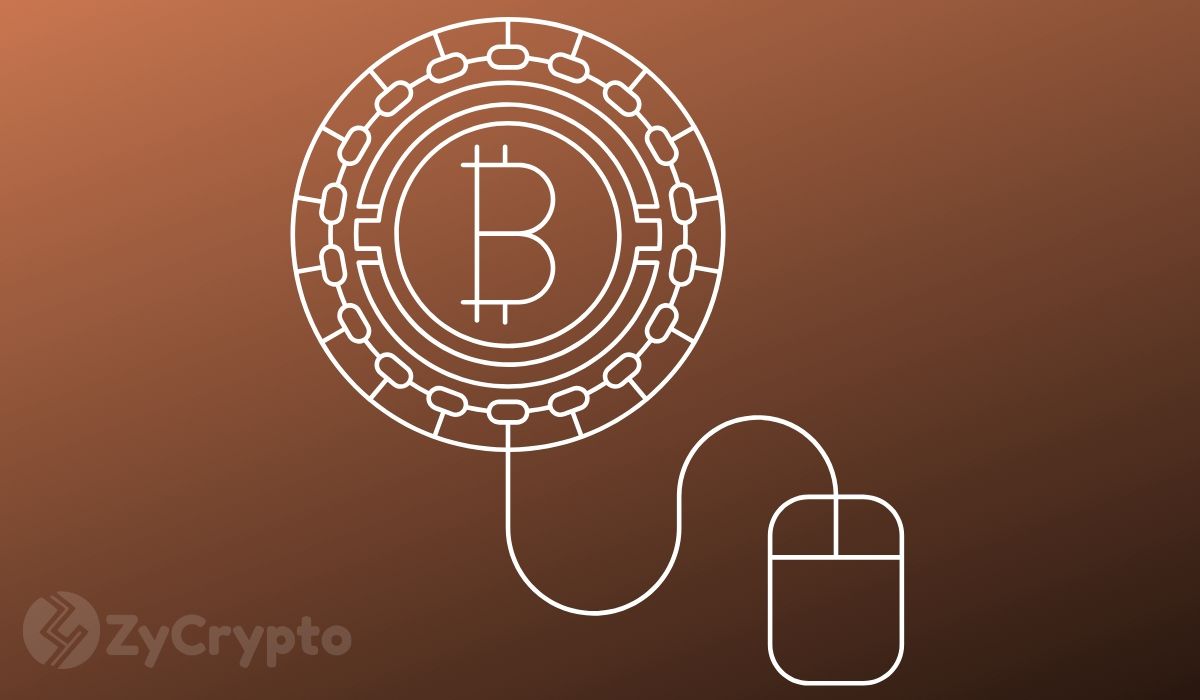The author of the book ‘Attack of the 50-Foot Blockchain’ David Gerard shares his opinions on crypto. People with strong positive expectations might receive a slight shock. The Journalist claims that blockchain projects are playing with fire and ‘looks bizarre’.
The established language barrier between the crypto community and the rest of the planet covers lots of secrets. Sometimes, it’s hard to understand the truth behind shiny words. While newbies attend crypto conferences to hear about Byzantine proof tolerance, hash rates, and protocol-level consensus models, they don’t get it. This is part of the more important problem – adoption. People who didn’t get it during their first meeting, tend to forget about Bitcoin.
Thanks to the lack of detailed conversations, the industry experienced a massive inflow of scam ICOs in 2017. Crooks quickly realized that there are millions of people holding large amounts of bitcoins and Ethereum from the ‘early days’. Scammers have invented a way to quickly absorb the precious coins from across the industry. Many of them disappear at the end of the hype, like OneCoin CEO Ruja Ignatova, or EgoPay CEO Tadas Kasputis both did.
Historian’s View On ICOs And Libra in 2020
Finance Magnates recently spoke to David Gerard regarding the current stance of things in crypto. Facebook’s Libra was in discussion. David said that he’s not a big fan of CBDC’s and stablecoins:
“I don’t think any of it works very well, I don’t think it’s a good investment; I think there are lots and lots of reasons to stay away from it, particularly for a retail investor – but it’s also really totally fascinating, and really interesting to follow.”
During the early days of Libra, says Gerard, no one knew how the project will work. In the current stage, it looks even foggier. The money transmitter license is something for clean, well-trusted companies. David claims that Facebook has a quirky foundation, compares it to ICO projects from 2017:
“It was bizarre. [Like] those ICOs that you’d read about in the 2017 era when they’d say, ‘our coin for bananas or dentistry will revolutionize the economy – $4 trillion of DentaCoin will take over the world!”
The regulators are fine with crypto coins, as long as they follow the regulation recommendations. The small ICO firms typically attract investments, flee, and go to jail in a year or two. Per the ICO made by people outside the U.S., usually, they have much time before the judgment arrives. Legitimate ones obtain a license and keep operations, however. But all of them have a lack of mass adoption. Almost the whole world population has no idea about more than 1500 altcoins out there. Some of them are clean, but it’s very hard to distinguish.
Facebook, on its turn, has the largest userbase of Americans you can imagine. When corporations of king size want to print money having such a client base, they receive a warning. David thinks that Libra could obtain one trillion dollar investment if they operate outside the U.S. He claims that Facebook constitutes a virtual country, and the power with own money can grow significantly.
David Outlines the Blockchain Captivity Effects
The journalist continues by saying that size wasn’t Facebook’s biggest issue. The regulators didn’t’ like the approach too. The first White Paper was featuring something Gerard calls ‘weird cryptocurrency dreams’. These are the online legends popular among Bitcoin fanatics. Per the dreams, Libra stablecoin would have received full dollar backing. And then, the system would go the permissionless way. For many observers it was nonsense, including Gerard:
“And–by the way—how do you have a backed currency that’s permissionless? So much about it was contradictory and didn’t make sense – the Libra whitepapers contradicted themselves. And you’d see them change over time… there have been eight different versions of the main one, for example, that I’ve found, before the main revision that they’ve just released.”
Per David, the reasons behind Facebook’s decision to follow Bitcoin’s ideology were brought up by David Marcus. Marcus is a ‘huge Bitcoiner’ and at the same time co-creator of Libra. He is also leading the development behind the Calibra wallet. Gerard says this is not even a secret, people just didn’t share the information. David claims that Libra’s intent to bank the unbanked looks similar to what Bitcoin offers. And technically, after all the regulatory scrutiny, Facebook won’t be able to deliver the initial promise. Facebook is hiding behind the buzzwords, David claims:
“We’ll have all these crypto freedoms and instant remittances and it’ll all be amazing and out of government control, and so on…it was hauntingly familiar to anyone who’s ever read crypto whitepapers. And that’s why it was totally bizarre and baffling to the mainstream financial press. Because they’d never seen this sort of weird stuff coming out of a serious company.”
PayPal, Facebook Dollar, or Bitcoin? None of That
Earlier this week, Gerard had a conversation with Financial Times. In it, he claimed that what we see is ‘PayPal, but it’s Facebook’. In case the government will give Libra a chance, they will become as regulated like any other financial operator, David claims. He points on the fact that PayPal is paying huge money to people who help set up the compliance right.
He also claims that it doesn’t matter which cash issuance system to use. The whole economy is one big debt:
“I think that CBDCs are much more a matter of the politics of banking–who gets to be the bank, who gets to do certain things–because the way that money is actually issued now is not a great big printer at the central mint…it’s commercial banks making loans. That is where new money actually comes from.”
David Gerard also made a few hints regarding Bitcoin. Referring to its ‘significant’ adoption level, he claims that “Bitcoin is a pain in the butt to use”:
“If I pick your pocket from the other side of the world, those are my Bitcoins now.”







